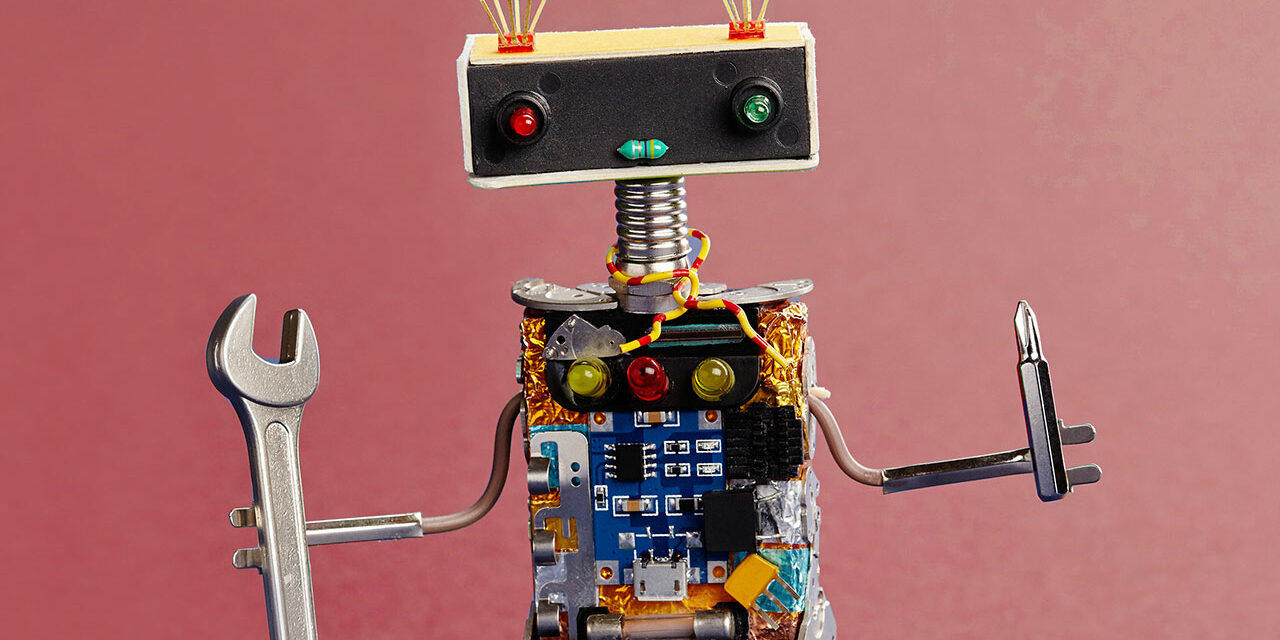These days, business is moving at a fast if not hectic pace. The compliance world is changing just as fast with many changes to legislation, reporting requirements and connectivity options every year. The IT landscape is also moving at a frantic pace, with the introduction of Windows 8.1. the phasing out of Windows XP and the increase in cloud offerings.
There is a simple way to stay on top of it all inside your business though – by keeping your accounting software up to date. Here are my Top 3 Reasons you should upgrade your accounting software regularly.
Compliance
The accounting and tax laws are always changing. By keeping your accounting software up to date, you are assured that your business will be as up to date with current legislation that it can be. You will also be more efficient by taking advantage of current lodgement technologies such as Standard Business Reporting (SBR) which can save you time and money by lodging electronically straight from your data file.
Framework
Modern accounting software is made to work with the latest operating systems, for example if your still using a desktop accounting software program purchased in 2002 I expect you’ll have some troubles when using it on Windows 8.1. By keeping your accounting software up to date you won’t hit the situation where you buy a new computer and your accounting software won’t work.The path to upgrade your operating system is becoming more and more complicated.
Cost
By regularly updating your accounting software, you won’t fall into a situation where you have to have your data go through 5 or 6 yearly upgrades (or more) which can takehours and hours (which is expensive, especially if you’re paying someone else to help you). Buying software on a subscription basis makes sense – you’ll pay a fraction of the outright cost per year, always be up to date, and save money on software installs.
We are almost in accounting software update season now and it’s pertinent to consider updating your software soon rather than in the busiest period at the end of the financial year. Being proactive when approaching change is the best way to future proof your business and avoid last-minute surprises.







